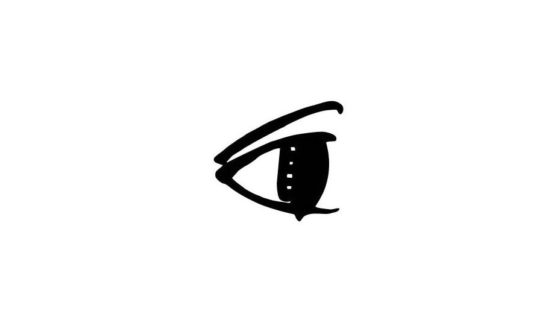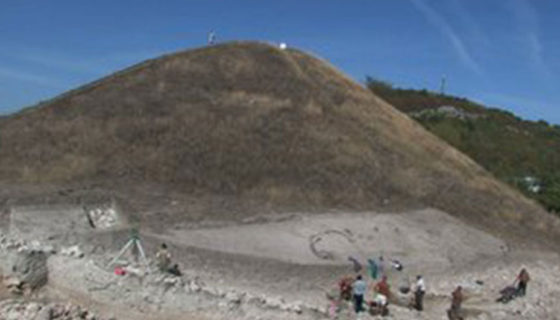Documentary films
- Each person gets to drugs and addiction in their own way. The ways out, however, are subject to severe rules. And it is not only about willing or possibly being able to walk those ways; it is also about being allowed to walk them. When you get to the community, you have already taken all the steps up to dependence. You have even been a street dealer. You have sold drugs to others just like yourself so you could pay the shots without which you were a living corpse.
- A documentary about the daily life of few Bulgarian families, who have immigrated to Spain in the years of transition, about the human treatment and friendship of the Spaniards, who also have had their years of emigration.
- It is not only a musical documentary about singer Yuldiz Ibrahimova, though music is everywhere to be found: jammed versions of Gypsy songs, of Bulgarian and Turkish folksongs in the brilliant, profound, warm, grievous but optimistic interpretation by concert performer Yuldiz. She gathers full houses both in Turkey and France, as well as in Bulgaria. Yuldiz suffered the humiliation and anguish of the gross assimilation – her own and of her family, and of the entire minority community she belongs to. The dramatic destiny of the Balkans is focused in her: violence against minorities, two neighboring countries distrusting each other, the hard destiny of a gifted woman trying to make a career, and eventually – music bridging people and countries in the name of peace and love.
- The first of four films united in the series – a sequence about the archeological discoveries made in Bulgaria over the past few years. Exclusively for the film the Laboratory for AMS Analysis in Glasgow dates the death of two prehistoric inhabitants of the Bulgarian lands. How did the analyses of two dental samples reproduce the livelihood of an entire era? What could the salt springs near Provadia and the world’s oldest processed gold near Varna possibly have in common? How does scientific Europe view the prehistoric layer of Bulgarian history? Why does it find it extraordinary, while it remains largely unknown to the world?
- A publicistic film about the problem that arose after the partial restitution of some Bulgarian factories. The story concentrates on the lives of three heirs of well-known factory-owning families from Sliven. Each of them, today already an old-age pensioner, has had incredible hardships in their active life, persecuted for the sole reason that they were heirs of their fathers and grandfathers. Today, when persecution and repressions are history, when the restitution is a fact, those people are faced with a quite complex and contradictory situation in their attempts, in spite of all obstacles, to become textile manufacturers and to continue the family tradition. Constant pogroms in Bulgaria inevitably lead to everything having to start anew every 50-60 years.
- Ivan Georgiev, The Rembrandt is an "unknown" Bulgarian artist of the 1970s and the 1980s. He has painted over 1,000 works, owned mainly by private collections. The documentary delves into an unknown world, created by a free man…
- Under the totalitarian regime, Ivan Kirkov had to make some compromises. He was afraid of the repressive state apparatus. In the meanwhile, he created very interesting works considered heretical at the time. Tired of the big city and the complicated relations between people, he went back to Asenovgrad in an attempt to revive the memory of his childhood and recharge himself with the positive vibes of unsophisticated relations. And the result was incredible.


